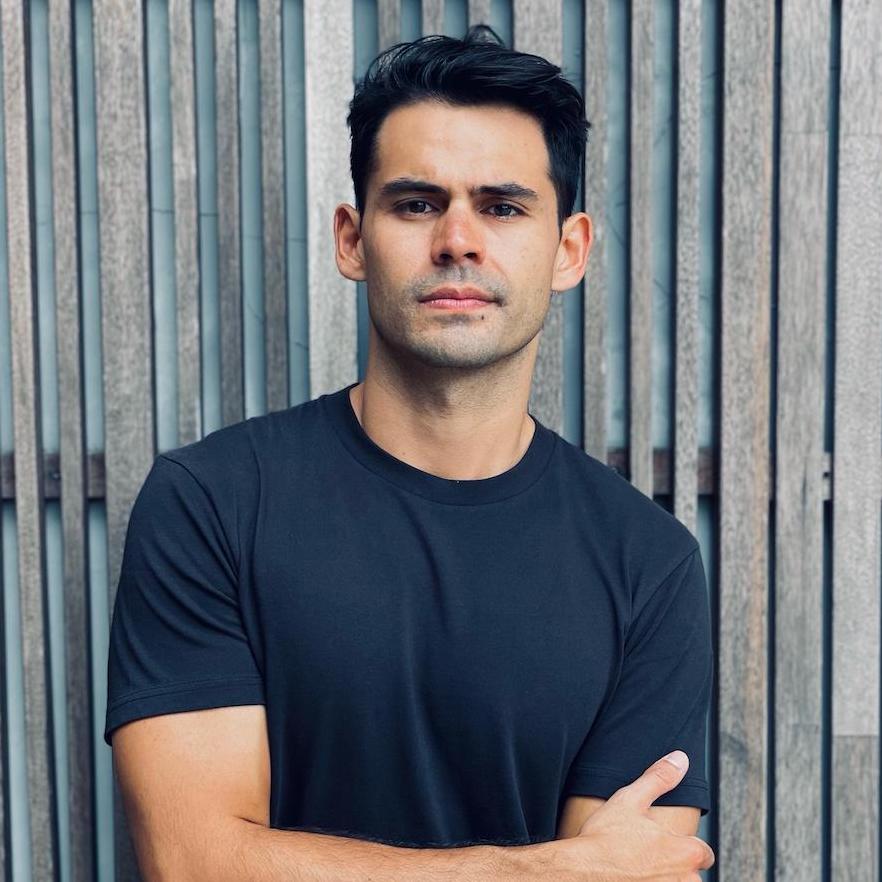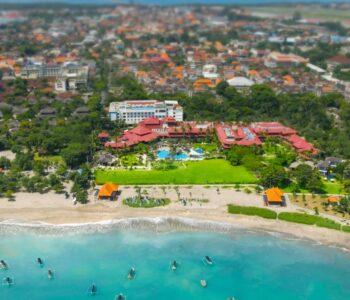For the full article on When Will Bali Reopen for Tourists please go to the link provided. This article is a discussion on Bali’s preparedness, based on industry input.
In this article, we discuss (1) the targets that must be made for Bali to re-open to tourists, and how tourism will operate going forward; and (2) how the island’s own tourism industry should prepare for the opening of Bali, with insight from key players in Bali’s private sector.
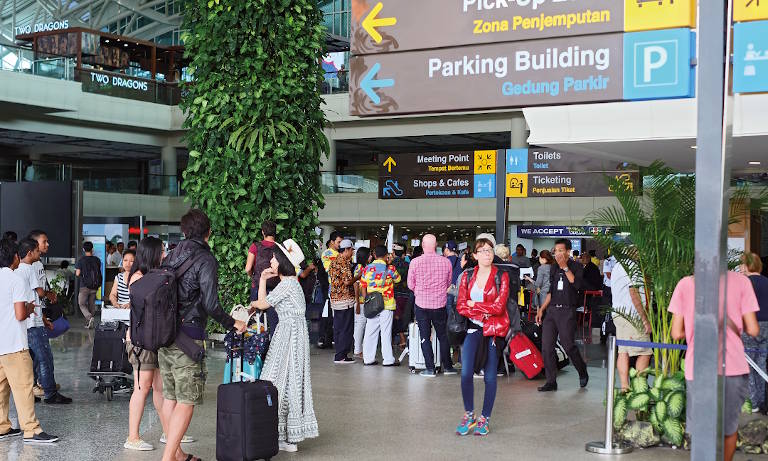
Once again, Bali has a deadline to reopen its borders to visitors. The loose target of mid-2021, or June or July 2021, was shared by President Joko Widodo himself after a recent visit to Bali, and reiterated by Indonesia’s Minister of Tourism, Sandiaga Uno.
Of course, this seems like déjà vu, as the island was given hope back in late 2020 that on 1 January 2021 the borders would be opened. Alas, now into the fourth month of the year and that promise has not been kept.
So, what makes this time different? Why should this given date be taken more seriously than its predecessor, only six months earlier?
There’s a Plan
Back in 2020, the re-opening of borders was tied closely to the number of Covid-19 cases; something both difficult to predict and too dependent on the behaviour of island residents.
This next deadline, however, has a more solid target: 70% of Bali residents must be vaccinated. That’s roughly 2.696.000 people, the minimum requirement to reach ‘herd immunity’.
Now, the vaccination program has been off to a good start with around 139.844 residents already vaccinated in Bali as of 22 March 2021 (antaranews.com), with healthcare, public, hospitality and tourism workers being prioritised; as well as the elderly and residents in the proposed Green Zones. Bali also already has 700.000 vaccines ready (idntimes.com) and programs for both domestic and foreign residents have thus far been successful — but it’s a long road ahead to reach the target.
The Minister of Tourism, Sandiaga Uno, also shared (below) that other criteria were also in place, which included making sure number of hospital beds were at a comfortable availability; and of course the cleanliness, health, safety and environment (CHSE) protocols must be upheld.
Green Zones
The Indonesian Government has proposed creating ‘Green Zones’ for tourism. These are areas which will be accessible by visitors, safeguarded by increased health and safety measures.
The Green Zone areas are: Ubud (including Ubud town, Kedewatan, Sayan and Petulu); Nusa Dua (including ITDC, Tanjung Benoa, Jimbaran and Tuban); and Sanur.
Movement in and out of these areas will this be restricted for tourists, but further details on the actual mechanism of the Green Zones is yet to be shared in full. These areas have received priority vaccinations, however.
Is the Industry Ready, and What is the Future for Bali Tourism?
On 30 March 2021, The Indonesian Minister of Tourism and The Creative Economy H.E Sandiaga Uno held a face-to-face meeting with prominent members of Bali’s private tourism sector at John Hardy Boutique & Gallery in Petitenget, Bali. The meeting was initiated and organised by Warwick Purser, a whose career started in tourism in Pacto Travel. The forum was moderated by Alistair Speirs from NOW! Bali.
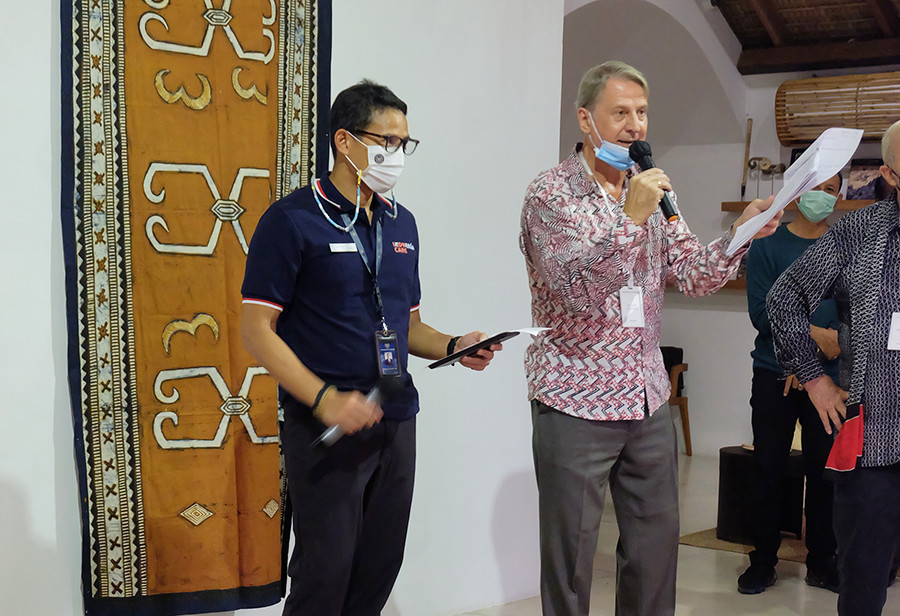
The idea of the meeting was to present the Minister with constructive ideas on the necessary points needed to aid recovery and drive change post-Covid-19.
22 senior members of the industry were present; only seven were given time to speak, whilst others shared their input through a document provided to the Minister directly. Here we share some of the key input provided:
Opening Bali
“We believe that it is crucial to get Indonesian workers back into work as quickly as possible as they are suffering both financially and emotionally after more than one year of closure”, shared Nigel Mason on Mason Adventures, who employs roughly 700 people.
“False hopes are very damaging to the industry as a whole. It is crucial that a time to reopen is decided and stuck to. Tourists themselves need to be able to plan in advance, so that tourists can make bookings and concrete plans to return to Bali, with a simplified system,” he continued. He also suggested that tourism efforts should remain focused on Bali and not the rest of the country as Bali remains the most dependent and is often the ‘gateway’ to other destinations.
Lucienne Anhar of Tugu Hotels echoed the sentiment, sharing that Bali needed “consistency of policy, both for domestic & international travel. To have the same policy for domestic arrival whether through land, water, or air transport. Considering reducing the PCR tests to only 1 for international arrivals, no quarantine as many people come for short holidays, while still being strict about Covid tests & vaccinations.” She also said that Bali should be “focusing on attracting high quality tourism instead of quantity… and spreading tourism to all part of Bali (not just Green Zones) because many people will still be cautious about crowds and may prefer off the beaten track, smaller hotels with units distant from each other.
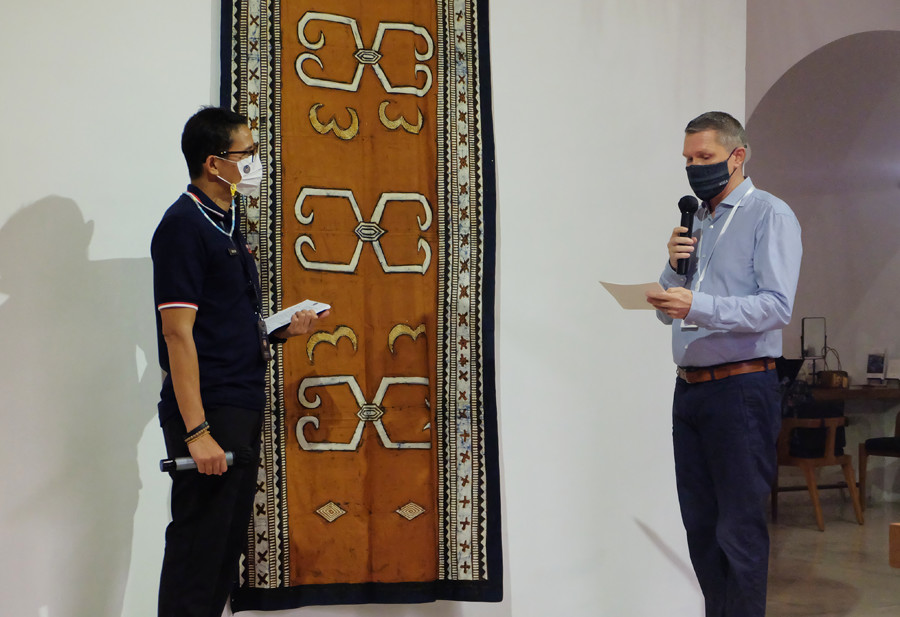
Pierre Lang of Alila Seminyak said that “visa clarity and simplified visa options” were needed, and more strategic partnerships were necessary, like “COVID testing and airline ticket bundling”. He also shared the urgency of Bali’s need to move quickly considering other Southeast Asian destinations were preparing to open for tourism, too.
Important input from Hans Manansang of Bali Safari and Marine Park was that after many, many months being closed, the industry needed both time and funds to make sure that their products were ‘up to scratch’. As tourists return to Bali, it will be the ‘first impression’ all over again, and so experiences must be as they were pre-pandemic.
Bali in the Long Run
Other speakers and input focused on Bali’s long term vision; pertaining to its tourism industry and what dormant potential still lay in waiting.
Chris Salans of Mozaic Restaurant in Ubud, representing the food and beverage community, told the Minister that prior to the pandemic, UNESCO had considered making Ubud a ‘City of Gastronomy’; a project that highlighted global cities for their excellence in the food and beverage industry. Revisiting this project would be a huge push for the sector. He also shared that Bali should push their culinary tourism, from local cuisine to five-star experiences.
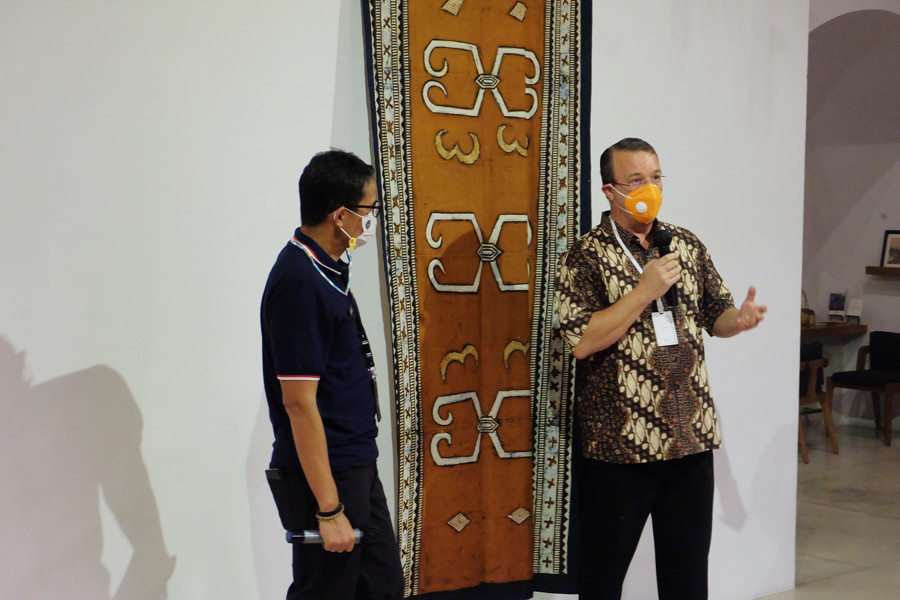
Bali as ‘Asia’s Surfing Capital’ was an idea put forward by Emir Hakim, Indonesian Surfing Federation. “The blueprint in making Indonesia the number one surfing destination in the world, starts in Bali. With around 30 world famous surfing spots around the island, plenty of undiscovered secret spots, and the three locations (Uluwatu, Padang Padang, and Keramas) that have been part of the world surf league tour and championships, has proven its reputation as one of world’s best destinations.”
From the Creative and Co-Working Industry, George Speirs of Genesis Creative Centre looked to the past and said that it was art that had made Bali famous back in its original ‘boom’. “With this reset for tourism, Bali and Indonesia has a unique opportunity to drive up the importance of art, architecture, artefacts, cultural museums, and creative projects”, he shared, explaining that this would also work to preserve the heritage of the island and uplift skills of the people. He added, “creating a supportive program and campaign for digital nomads can help signal to the world that remote working is best combined with island life.”
Cleaning Up Before Arrival
Many mentions of the environment were brought up during the forum with the Minister, as the island’s efforts to ban plastic and ‘clean up’ had fallen to the wayside in light of the pandemic.
Gary Bencheghib, Co-Founder of Make a Change World and Sungai Watch, shared his work over the last year with the Minister: cleaning up Bali’s rivers, which had become thick with litter and trash. He used this to highlight the importance of the environment, not only to ensure the tourist’s of tomorrow would be welcomed by a pristine Bali, but for the sake of the island’s own sustainable future.
Other important attendees were:
Polly Purser – John Hardy Bali
Jessie Novita – John Hardy Bali
Ida Bagus Rai – Hatten Wines CEO & Founder Hatten Wines
John M Daniels – Discovery Tours / Bali Update
Freddy Rompas – Pacto Tours and Travel
Janet de Neefe – Ubud Writers and Readers Festival
Pande Nyoman Wahyu Suteja – Komaneka Hotels
Sophie Digby – The Yak Magazine
Marco Groten – Hyatt Hotels and Resorts
Chadd McLisky – McLisky Consulting
Vincent Gruinonet -Apurva Kempinski Bal
John W. Halpin – Oberoi Bali
Hans-Joerg Meier – The Legian

